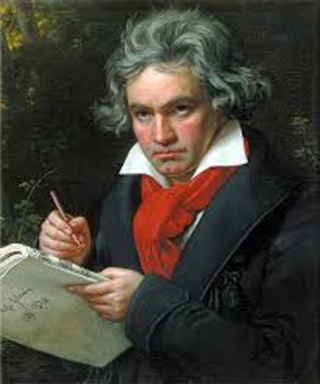3/24/2021 Stabat Mater
- Makiko Border

- Mar 24, 2021
- 2 min read

Holy Week is starting this Sunday, ahead of Easter on April 4th. In the meantime, you may have the opportunity to hear Stabat Mater.
Our Lady of Sorrows (Mater Dolorosa)
"Stabat Mater" is a 13th-century Christian hymn to Mary, which portrays her suffering as Jesus Christ's mother during his crucifixion. Its author may be either the Franciscan friar Jacopone da Todi or Pope Innocent III. The title comes from its first line, "Stabat Mater dolorosa", which means "the sorrowful mother was standing." The "Stabat Mater" has been set to music by many Western composers. (Wikipedia)
I am just impressed with the different versions of "Stabat Mater" by numerous composers over centuries. The most famous one is perhaps Pergolese. Naturally, it is music full of deep sorrow, and the following two are the recordings I would like to recommend. Both arrangements are excellent. The first one with Andreas Scholl's range and richness of voice and expression are amazing, and the depth of musical harmony that are sung by only two signers are beyond belief.

When I first heard the countertenor's voice, I felt that "if an angel had a singing voice, it would be such a voice." It was so beautifully transparent. Vivaldi's "Stabat Mater," which Andreas Scholl sings, is also wonderful and fits perfectly into the feelings of Lent.
Andreas Scholl
Around this time last year, Scholl's singing voice suddenly jumped into my ears from the classical music radio station I always listen to. It was a mysterious and beautiful melody. He sang music I have never heard. I could understand from the lyrics that it was religious music, but I could not figure out when it was composed. On every Sunday evening, the radio station plays contemporary music, so I was waiting for the narratives of music at the end of the show, thinking that music would be contemporary. It was "Stabat Mater" composed by Marco Rosano, a contemporary composer, whom I have never heard of. The music was written for Andreas Scholl, which took Rosano over five years.

If you are interested in the subject, I found a great site called “The Ultimate Stabat Mater Website.”
Rachmaninoff's quote, "Music is enough for a lifetime, but a lifetime is not enough for music" came to mind with a strong sense of reality.
Crucifixion Andrea Mantegna (1431-September 13, 1506) 1457-60 Louvre Museum
.png)



Comments